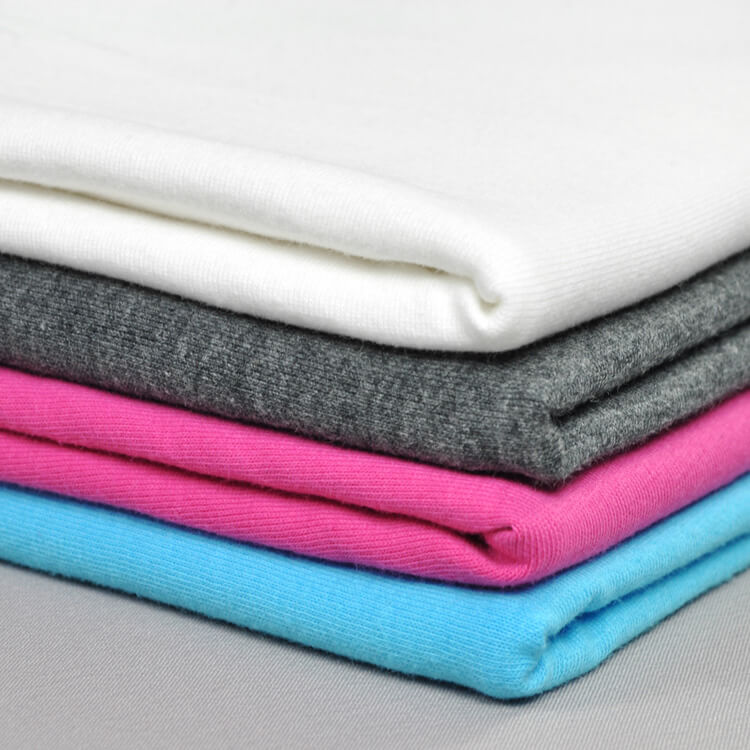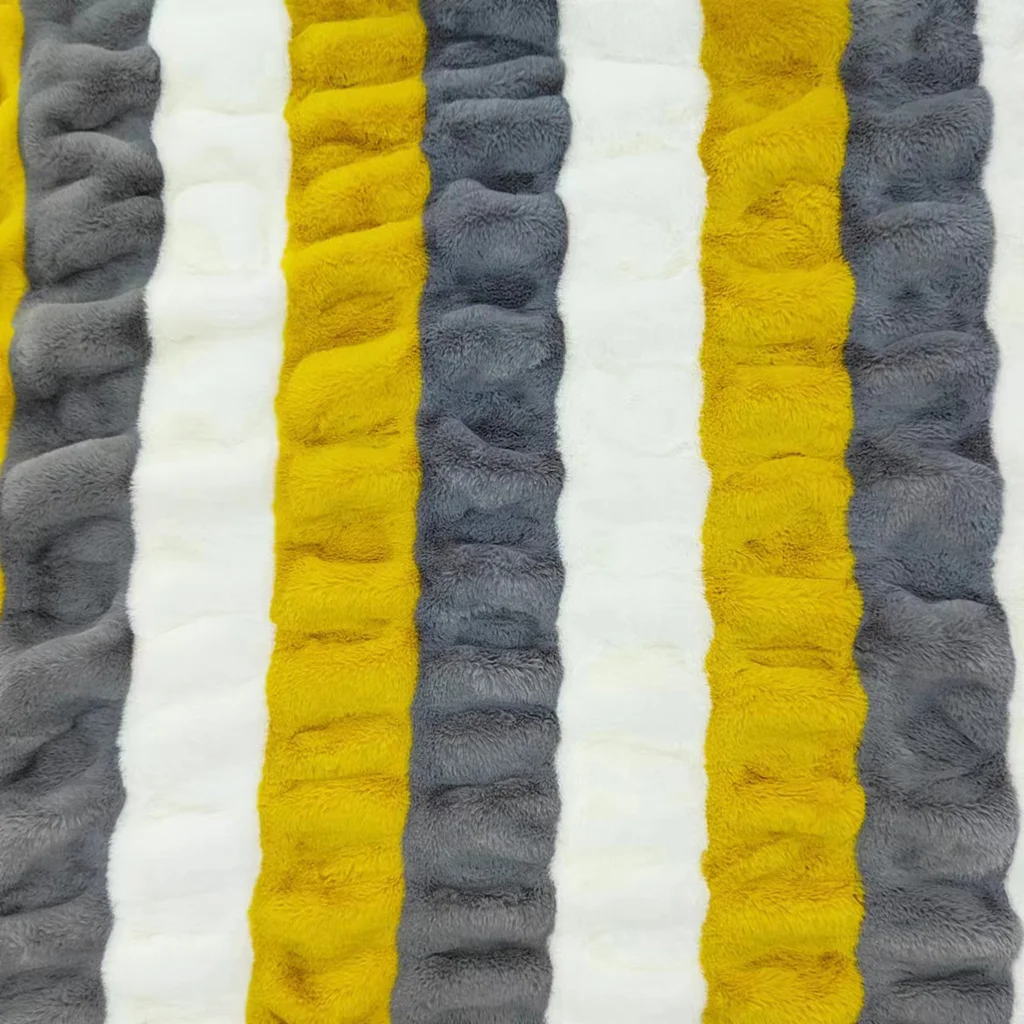
Cotton fabric has been a staple in the textile industry for centuries, prized for its versatility, comfort, and durability. In today's market, consumers are faced with a myriad of fabric options, each claiming to offer unique benefits. In this article, we will delve into the qualities of cotton fabric and explore whether it stands out as a superior choice compared to other fabrics.
Comfort and Breathability
One of the key advantages of cotton fabric is its exceptional comfort and breathability. Cotton fibers are naturally soft and gentle on the skin, making cotton garments a popular choice for everyday wear. Additionally, the breathability of cotton allows air to circulate through the fabric, making it ideal for warm weather and active lifestyles. This natural ventilation helps to keep the body cool and dry, setting cotton apart as a preferred choice for comfort-conscious consumers.
Durability and Longevity
Cotton fabric is renowned for its durability and longevity. The inherent strength of cotton fibers enables the fabric to withstand frequent washing and extended wear without losing its shape or integrity. This makes cotton garments a sustainable choice, as they can endure years of use, reducing the need for frequent replacements. Furthermore, cotton fabric tends to become softer and more comfortable with each wash, enhancing its appeal and value over time.
Versatility and Allergen-Free Properties
Cotton fabric's versatility is another factor that sets it apart. It can be woven into various textures and weights, catering to a wide range of preferences and applications. From lightweight, breathable cotton for summer clothing to heavier, insulating cotton for winter garments, the fabric adapts to diverse needs. Moreover, cotton is hypoallergenic, making it an excellent choice for individuals with sensitive skin or allergies. Its natural properties make it less likely to cause skin irritation, positioning cotton as a reliable and safe option for clothing and household textiles.
Environmental Impact and Sustainability
In an era of increasing environmental awareness, the sustainability of fabrics has become a significant consideration. Cotton fabric, when sourced responsibly, can be an environmentally friendly choice. Organic cotton, in particular, is cultivated without the use of synthetic pesticides and fertilizers, reducing the environmental impact of cotton production. Additionally, cotton is biodegradable, offering a more eco-friendly end-of-life cycle compared to synthetic fabrics. These factors contribute to the appeal of cotton as a sustainable and conscientious choice for environmentally conscious consumers.
Conclusion
In conclusion, the qualities of cotton fabric, including comfort, breathability, durability, versatility, allergen-free properties, and sustainability, collectively position it as a superior choice in the textile landscape. Its natural attributes and enduring appeal make cotton fabric a timeless favorite for clothing, home textiles, and various other applications. When considering the question "Is cotton fabric better?" the evidence overwhelmingly supports its superiority, making it a top contender in the realm of fabrics.



